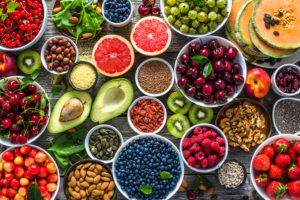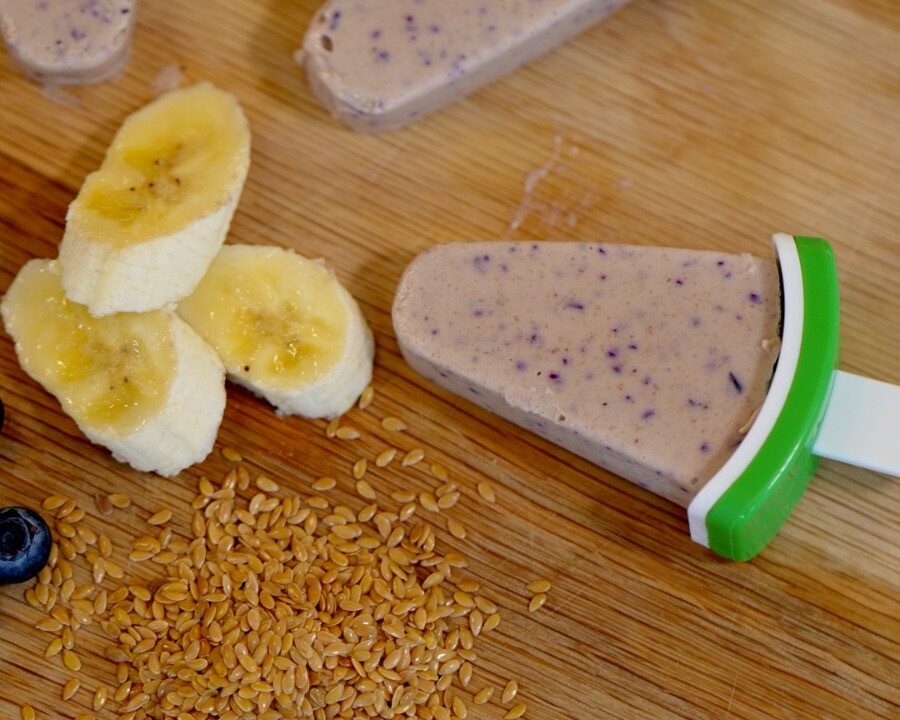There are a wide variety of reasons that you’d want to “reset” your diet, whether it be to cleanse after a weekend of unhealthy eating, or to reduce cravings for things like sugar and caffeine. While many of us jump straight to extreme diets and restrictive detoxes, they are typically short-lived and may end up increasing our stress and frustration. The good thing is, there are plenty of ways to reset your diet without going on an all-water fast.
Some of the best foods to eat when you are trying to flush your system are those high in fluids and fiber. Most fruits and vegetables, as well as nuts and seeds, land in these categories, and can help speed up digestion. If bloating is the issue, anti-inflammatory foods such as cucumber, bananas, papaya, and asparagus are great ideas.
To clean out your system without using harsh laxatives, you can drink warm water with magnesium citrate powder, or sip on an herbal laxative tea before bed.
Cleaning out the pantry and fridge may also be helpful for a full diet reset. Give away, compost, or donate any food that is either expired or will not make you feel healthy and happy. Restock with your feel-good staples.
While a diet reset does not require a salt water flush, it is still important to drink more water than normal. According to Allison Gross, M.S., RDN, CDN, and founder of Nutrition Center, you should aim for 1.5 to 2 liters of water per day to help get rid of unwanted materials in your system, as cited by Mind Body Green. A nice hack for remembering to drink water is to carry around a refillable water bottle. Plus, you’ll help eliminate plastic waste.
Sugar is the toughest item for many people to cut out of their diets. Experiments with lab rats have supported the notion that sugar is more addicting than drugs such as cocaine, per The Huffington Post. While it may be hard, especially in the beginning, eliminating processed sugars will allow you to appreciate the sweetness of natural, whole foods, such as berries and sweet potatoes.
It’s always smart to have a support system and other incentives to stay on a healthy track.
“I like to hold myself accountable by sharing about it on social media and put a reward in place for when I complete the cleanse. During my cleanse, I stock my kitchen with everything I need and make sure I’m prepared whenever I leave the house, and practice daily mindfulness (two minutes of meditation a day can aid in making rational choices, being more in touch with your feelings, and will improve your willpower),” says Sophie Jaffe, founder of Philosophie Superfoods.
Ultimately, as you start to get better sleep, increase your confidence, have more energy, less bloating, clearer skin, and more focus, you will feel momentum to continue treating your body well. That said, be sure to forgive yourself for slip ups, and give yourself credit for your wins.




